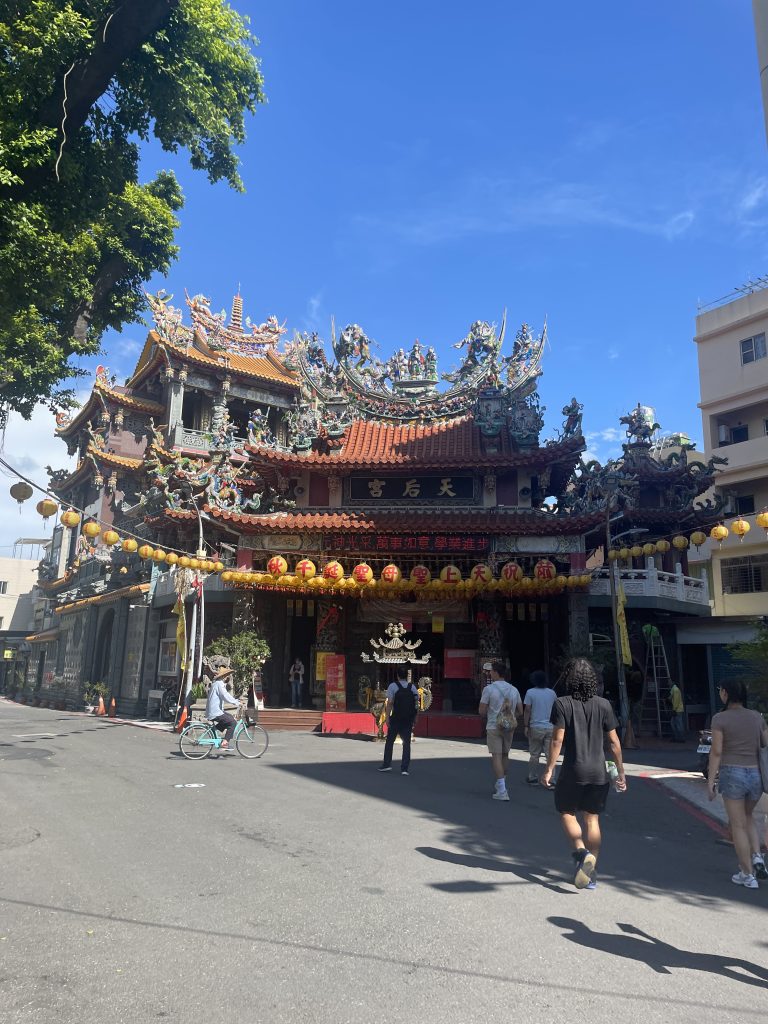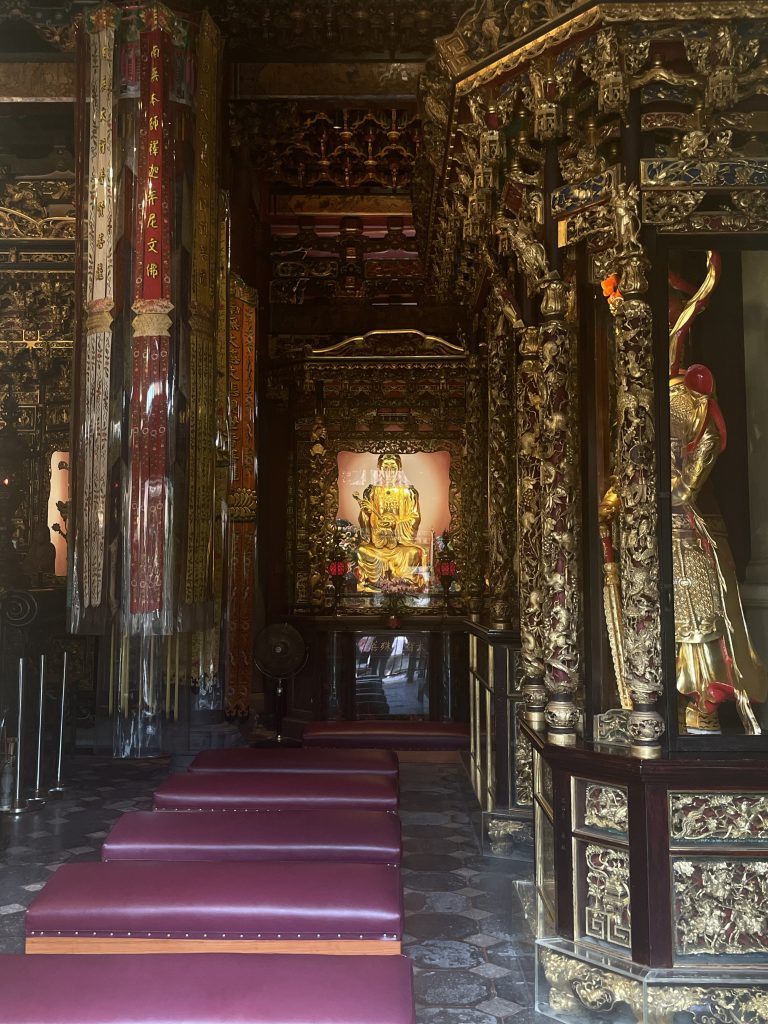Personal Growth
Being in Taiwan and exploring this country has allowed me to deepen the way I perceive various cultures and compare the differences in living between Taiwan and the US. I admittedly knew little about Taiwan before coming here and wasn’t sure exactly what to expect of the culture and way of life here – most of what I previously knew of the country were that it had tensions with China, and that there was a “dispute” over which entity should be the rightful owner of the Chinese and Taiwanese lands. Spending time here has allowed me to see the emphasis Taiwan places on being an independent entity separate from China. While I haven’t been to China it’s pretty clear that, while similarities exist, Taiwan has a distinct culture and essentially operates as an independent country. Geopolitics aside, I’ve observed that individualism is much less prevalent here than it is in the US, and I was fairly surprised to see people generally adhering to similar customs and norms. I myself have had to adjust the way I would typically go about traversing a city or public transportation – there are certain “rules” that it is advised you should follow, with most of these being for the benefit of the majority. My biggest surprise being here was definitely the sense of safety – having grown up in New York it was a given that you should constantly be vigilant of your surroundings and your belongings. I had subconsciously applied this “always assume the worst” mentality to the rest of the world, something I’ve been unlearning in Taiwan. Bad people exist everywhere, but here I’ve noticed that very few people have ill intentions, and that not everybody is out to get me. These fundamental societal differences have really allowed me to see just how differently countries around the world function, something I hadn’t really previously considered.
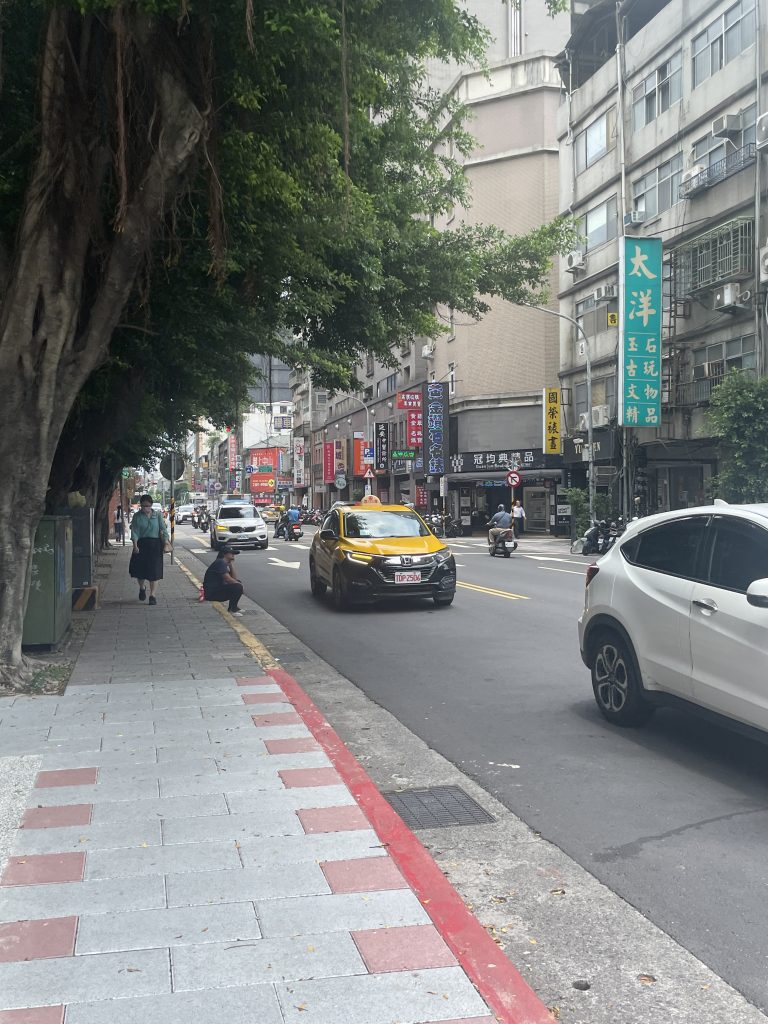
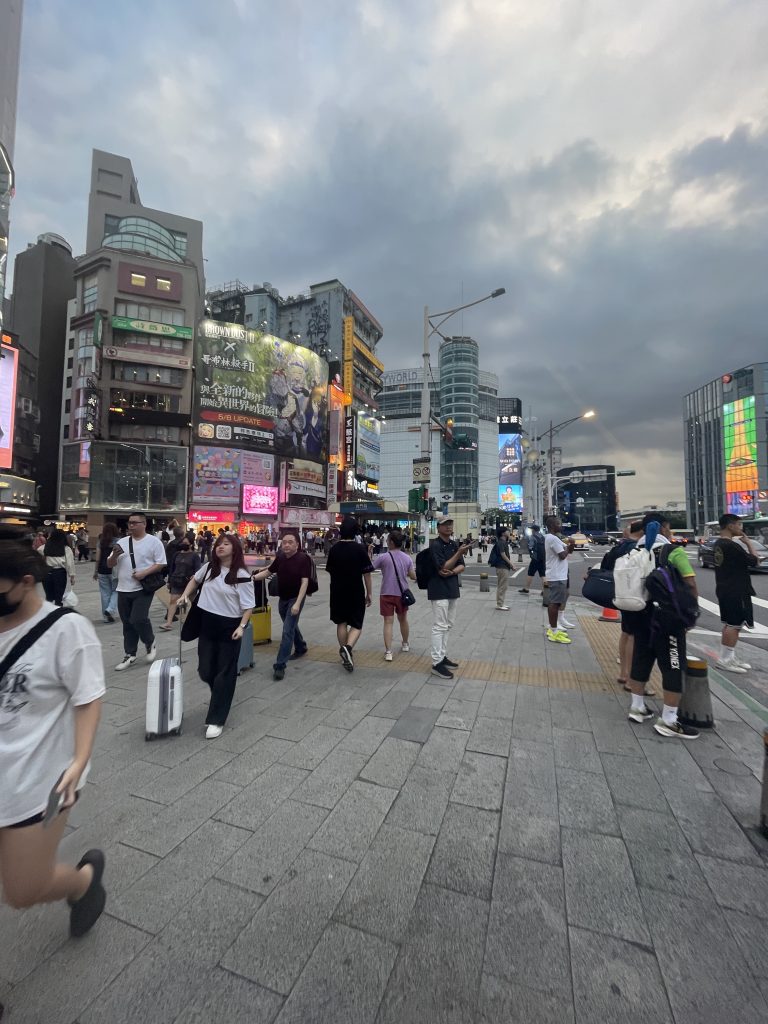
Academic Connection
I’ve already talked about some of this in the “Personal Growth” section, but my understanding for Taiwan’s societal dynamics have definitely grown during my time here, mainly by observing the way that people go about their daily lives. The Taiwanese public generally follows similar customs, such as standing on the right side of the escalator and giving up designated train seats to elderly people, people with kids, etc. Going into this trip I was worried about learning this kind of etiquette, as I don’t exactly want to stand out as a clueless foreigner, but simply watching the way people behave has definitely helped me become accustomed to Taiwanese decorum. Because this is my first time traveling outside the US in many years I was quite surprised to see the differences in societal dynamics, however it’s only made me more curious about what this looks like in other countries. Being an international relations major, it is likely that I will travel as part of my job, and I feel like this trip has done a really good job at giving me a look into what being in other countries feels like. I have a better idea for what things to look out for when ensuring I’m following local customs, how to generally be respectful as a visitor, and how to really take in a new culture. Taking as many chances as you get to go out and explore, see different places, and obtain new experiences is really important in making a trip like this fulfilling and developing a better understanding for the country’s characteristics. I definitely want to do a semester long study abroad program during my time at Bucknell, as I imagine being in another country for several months will allow me to deepen my understanding of dynamics in other nations even more.
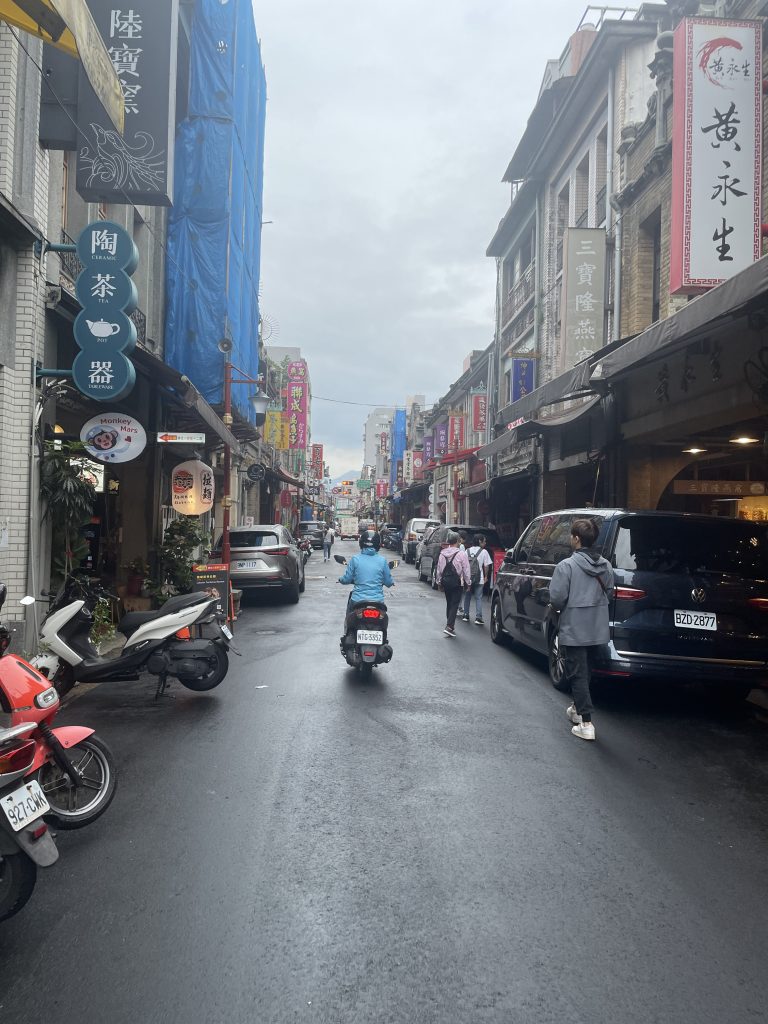
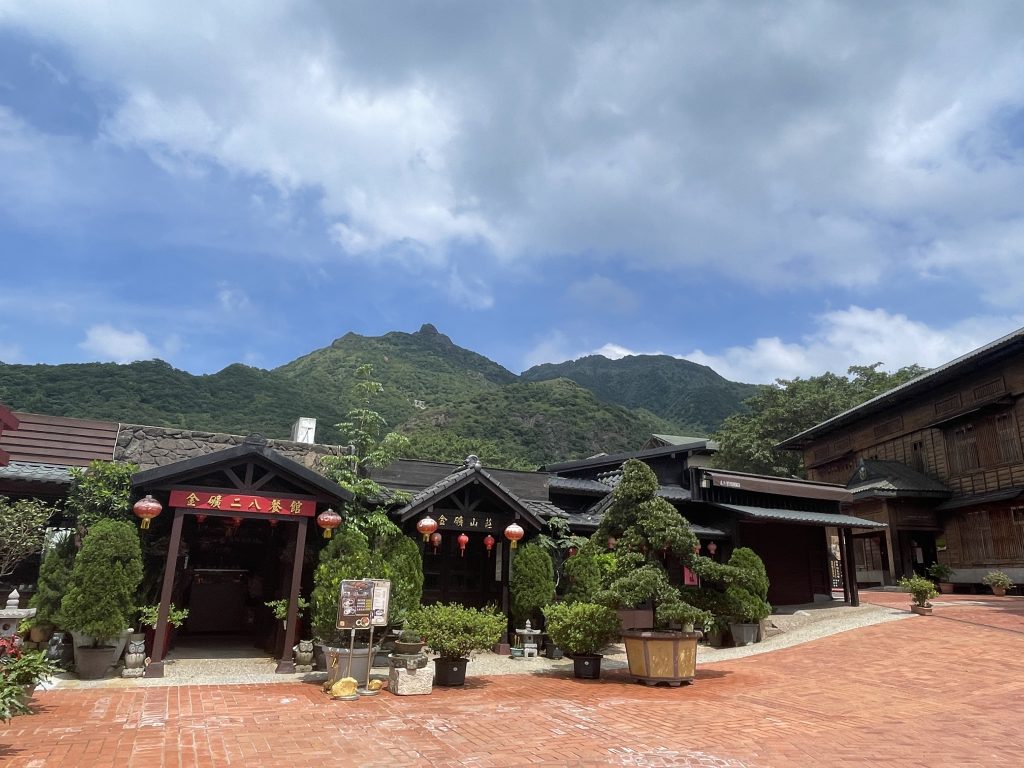
Cultural Insights
My time in Taiwan has allowed me to see how deeply intertwined culture, business, and religion are. Almost all of the Buddhist and Daoist temples we have visited have had little shops or vendors where artifacts or symbols of the religions are being sold. Some monasteries even have chain stores in them, such as Starbucks. I’ll admit I was a little wary of this initially, as I thought that maintaining a business in a spiritual place might be a way of exploiting the temple or even undermining some of the religions’ values, as Buddhism doesn’t prioritize materialism. What I’ve learned, however, are that these businesses are actually a really important element of maintaining and supporting temples. The money being made from these businesses can go towards improvements in the temples, which can attract more people and subsequently draw people closer to Buddhism, which is a key aspect of the religion. As businesses exist within religious spaces, religious iconography and practices exist within businesses. Many businesses adhere to Buddhist customs and values – these are often rooted in the way people operate their companies. For example, the printing company we visited had a shrine on its wall, with the deity being one that is said to bring wealth. This business, along with many others, also prays on the 2nd and 16th of the month, preparing spirit money and incense to burn. Times in which businesses make offerings to gods are also opportunities to treat employees, offering them larger salaries. Taiwan ties business, religion, and culture together in a unique way that isn’t typically seen across the world, something that adds to this country’s distinctiveness.
